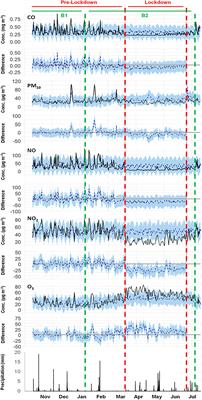EDITORIAL
Published on 03 Oct 2022
Editorial: Impact of the COVID-19 lockdown on the atmosphere
doi 10.3389/fenvs.2022.1034007
- 649 views
4,985
Total downloads
33k
Total views and downloads
You will be redirected to our submission process.
EDITORIAL
Published on 03 Oct 2022
ORIGINAL RESEARCH
Published on 24 Aug 2022
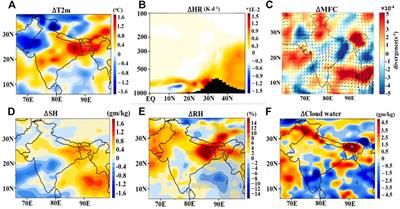
ORIGINAL RESEARCH
Published on 04 May 2022
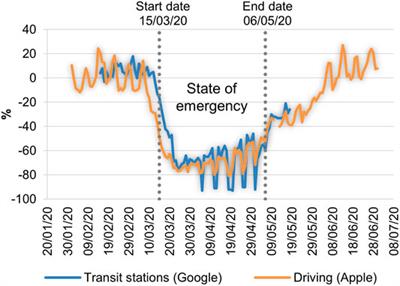
ORIGINAL RESEARCH
Published on 28 Apr 2022
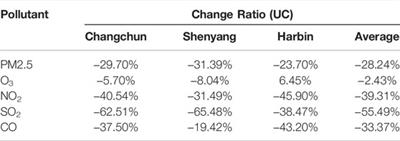
ORIGINAL RESEARCH
Published on 04 Apr 2022

ORIGINAL RESEARCH
Published on 15 Mar 2022
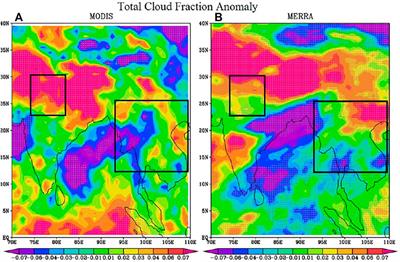
BRIEF RESEARCH REPORT
Published on 14 Jan 2022
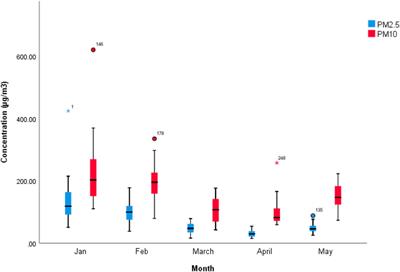
ORIGINAL RESEARCH
Published on 13 Oct 2021
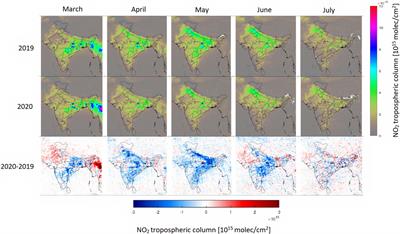
ORIGINAL RESEARCH
Published on 20 Sep 2021

ORIGINAL RESEARCH
Published on 13 Apr 2021
